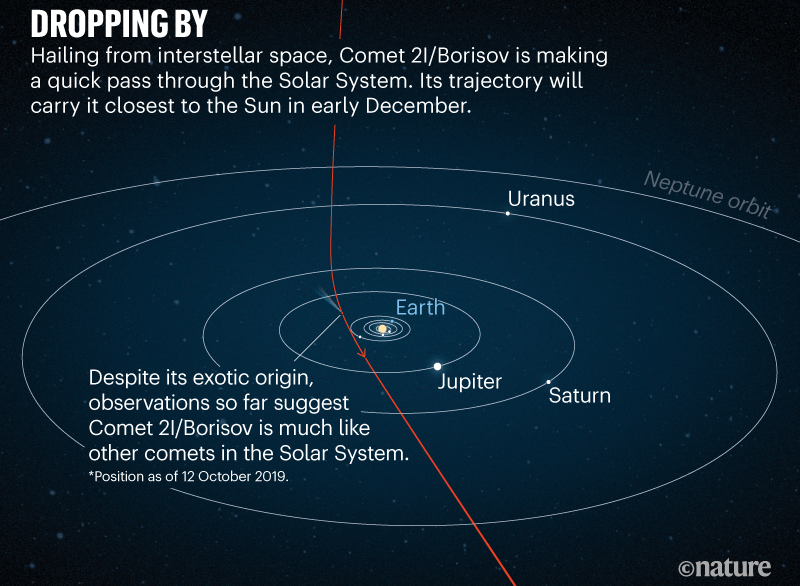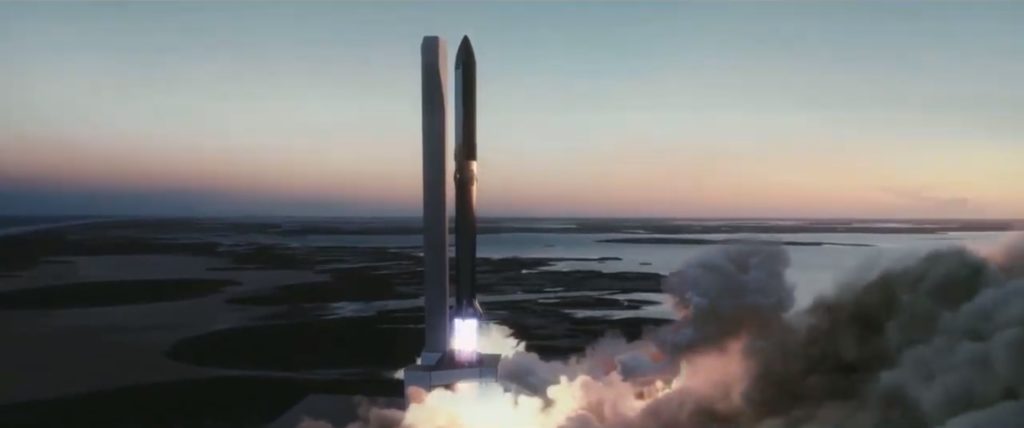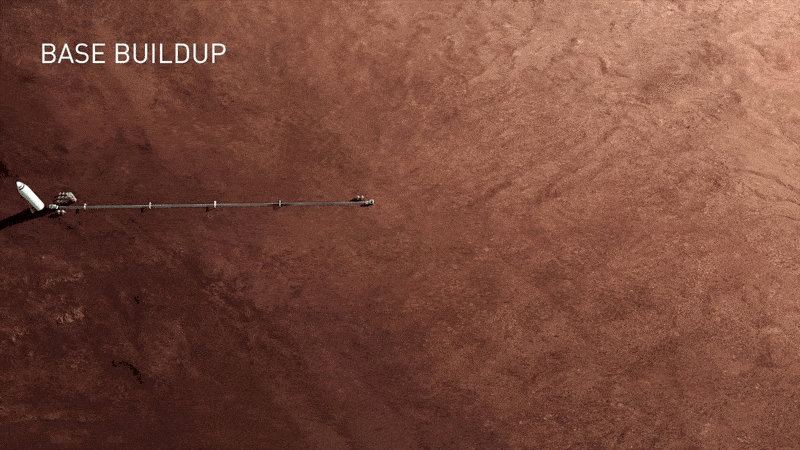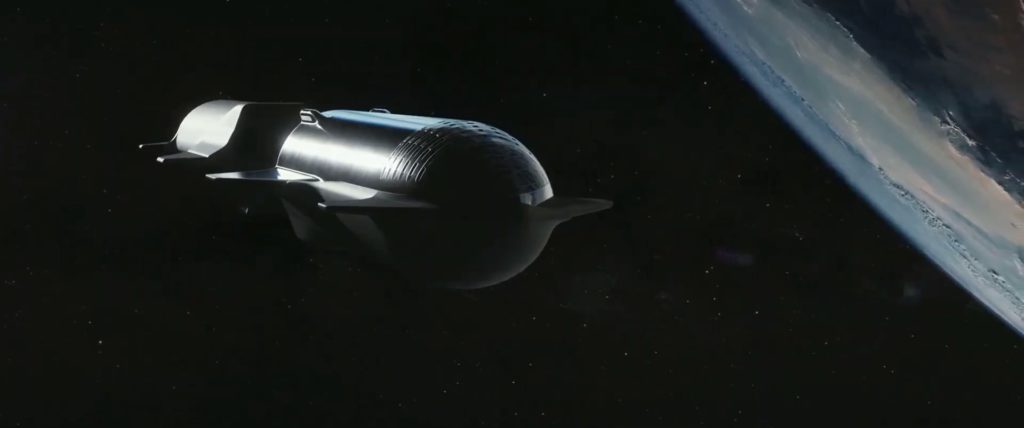While we cover a lot of future technology on this site most of it is still firmly planted in the realm of general, everyday technologies such as electric vehicles or drones. However there’s one piece of future technology that I haven’t covered in great lengths, but has the potential to change all of humanity extremely rapidly over the next decade.
That technology is the spaceship from SpaceX called Starship. While a lot has been written about it so far, one of the main things that I find most people miss with their analysis is how transformative this type of technology may end up being to humanity as a whole.
If we take other breakthrough technologies we cover here such as electric cars, these are by no means a small change from what we previously had. They make transportation far cheaper, far cleaner and will definitely play a huge role in helping to mitigate Climate Change which is fantastic. Another highly revolutionary technology, self-driving cars, is also getting very close to causing a huge disruption over dozens of different industries as I covered in an earlier piece.
But when we talk about Starship things go to a whole different level, no pun intended. This is because while it will obviously revolutionise space travel in that it can transport a huge amount of cargo into space for relatively cheap costs, it doesn’t take into account the profound changes that could occur if a breakthrough discovery is found due to it’s new capabilities.

For example, there is an Interstellar object that is due to pass through our solar system soon. Currently we’re using very powerful telescopes to analyse it as it gets closer and closer. However there’s only so much science you can do from millions and millions of kilometres away and as far as I know there are no plans to send any probes to do further investigation.
However imagine if we had 1 or even 10 Starship spacecraft taking hundreds or even thousands of tons of cargo routinely into space week after week after week. Some detailed analysis has speculated that it could take cargo to orbit for as little as $35/kg once fully operational!
For such a small cost, it’s quite easy to imagine that government or even medium or small companies might find a reason to rapidly develop and deploy prototype probes explicitly for this object and quickly put them on board the next scheduled Starship launch.
We could have one, ten or even 100 random and uniquely developed space probes all heading towards the object in a matter of months simply because we now have the capability to launch these types of things at a super cheap rate. Even if it cost double or triple to get to the object in question a 100 kg probe would only cost about $10,000 to launch! Hell even you or I could afford that, it’s cheaper than basically any new car!
Obviously development and the probe itself would be another thing entirely but when you have easy access to something at very cheap rates everyone hops on board and the rate of discovery and development goes right up the exponential curve as high as it can go.

As a result new discoveries in new technologies get developed equally as quickly. Plus when it comes to objects out there in space we have absolutely no idea how valuable those discoveries might be.
Riches Beyond Compare
Sure, the unimaginative among us might just think we’ll find millions and millions of tons of water ice or other raw materials – which could be extremely valuable here on Earth – but I’d say there’s a pretty good chance that will find things that we’ve never even seen before here on Earth.
Maybe those probes come back with a completely new element we’ve never seen before. Maybe there’s a new life form on it or other unknown discoveries that completely shift and change our fundamental understanding of physics, chemistry and other sciences.
Imagine if one of those randomly sent probes found a new element that could block or slow down the force of gravity. What if they discovered a new life form proving once and for all that we’re not alone in the universe? What if that new life form had intelligence? If it wasn’t intelligent what other new tricks could we learn from it? We’ve learnt so many amazing things from our local Earth flora and fauna it’s quite logical that we’d learn something.
Not Just Mars

While the development and eventual deployment of Starship obviously doesn’t guarantee any of these such fundamental shifts in our understanding of science and the universe, I think it’s not too far fetched to posit that if we have a 100 or even 1000 times increase in capacity to launch cargo into space that we’ll explore and discover new things.
What will prevail after those discoveries is anyone’s guess. I’m a huge fan of science fiction, futurism and all things weird. However deep down I think that even when you consider the most strangest stories out there, none of it will compared to what we actually end up finding out in space.
With Starship comes increased capacity for everyone on Earth to send whatever they want into orbit, the outer planets and beyond. But most importantly it increases to an exponential degree the amount of discovery.
New discoveries are made often by accident or by finding new and weird things that we don’t understand and working tirelessly to understand them. Breakthroughs are also made by being able to see the world closer and in more detail with the right equipment. Imagine trying to discover DNA if the world never had the microscope?

Starship I think will shatter the barrier between all the crazy, weird shit out there in space and our ability to send a honking great piece of scientific equipment and land it right on top of said weird shit.
From there the technologies that will be found over the next 10 to 100 years I think will be infinitely more exciting than being able to launch more satellites or get slightly better GPS.
The benefits include: 1) How to get those silky smooth videos that everyone loves to watch, even if you're new 2) How to fly your drone, from taking off to the most advanced flight modes 3) Clear outlines of how to fly with step-by-step instructional demonstrations and more 4) Why flying indoors often results in new pilots crashing their drone 5) What other great 3rd party apps are out there to get the most out of your drone 6) A huge mistake many pilots make when storing their drone in the car and how to avoid it 7) How to do all of these things whilst flying safely and within your countries laws.





0 Comments